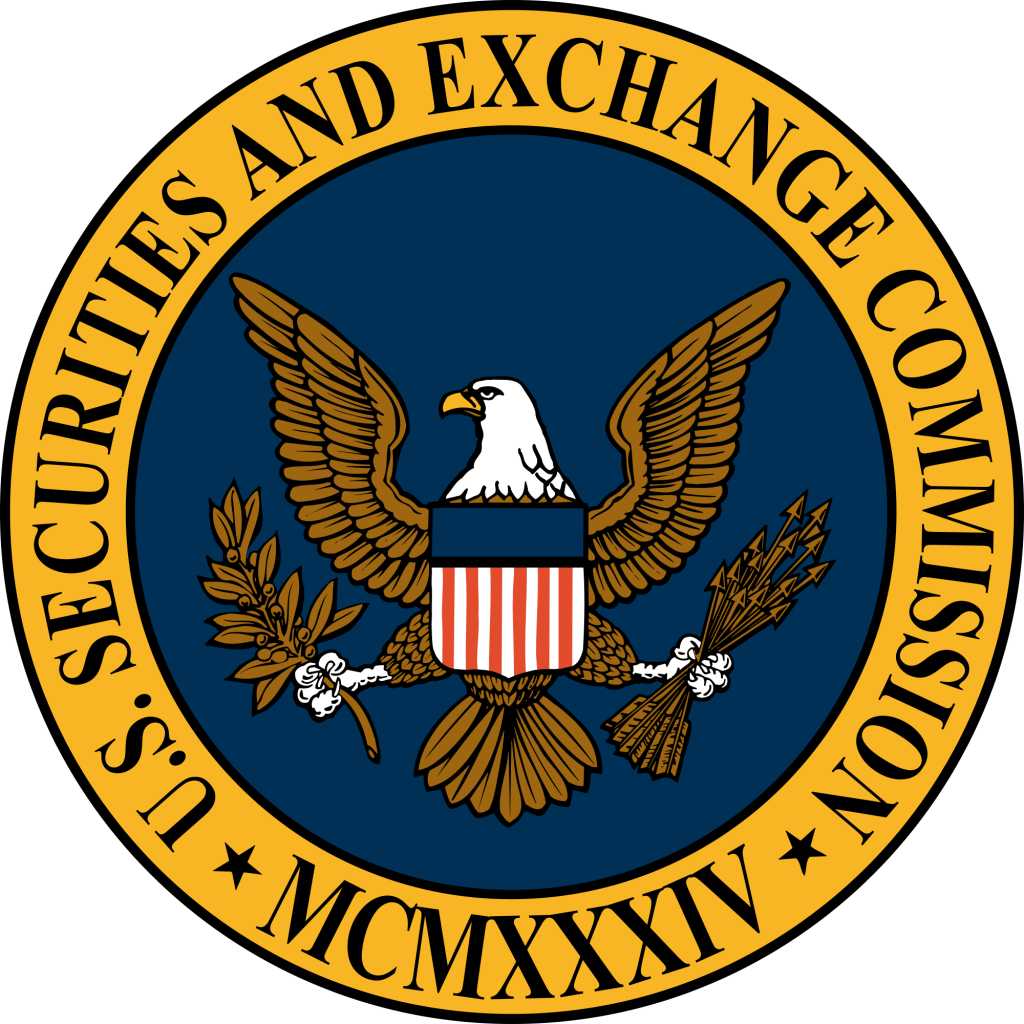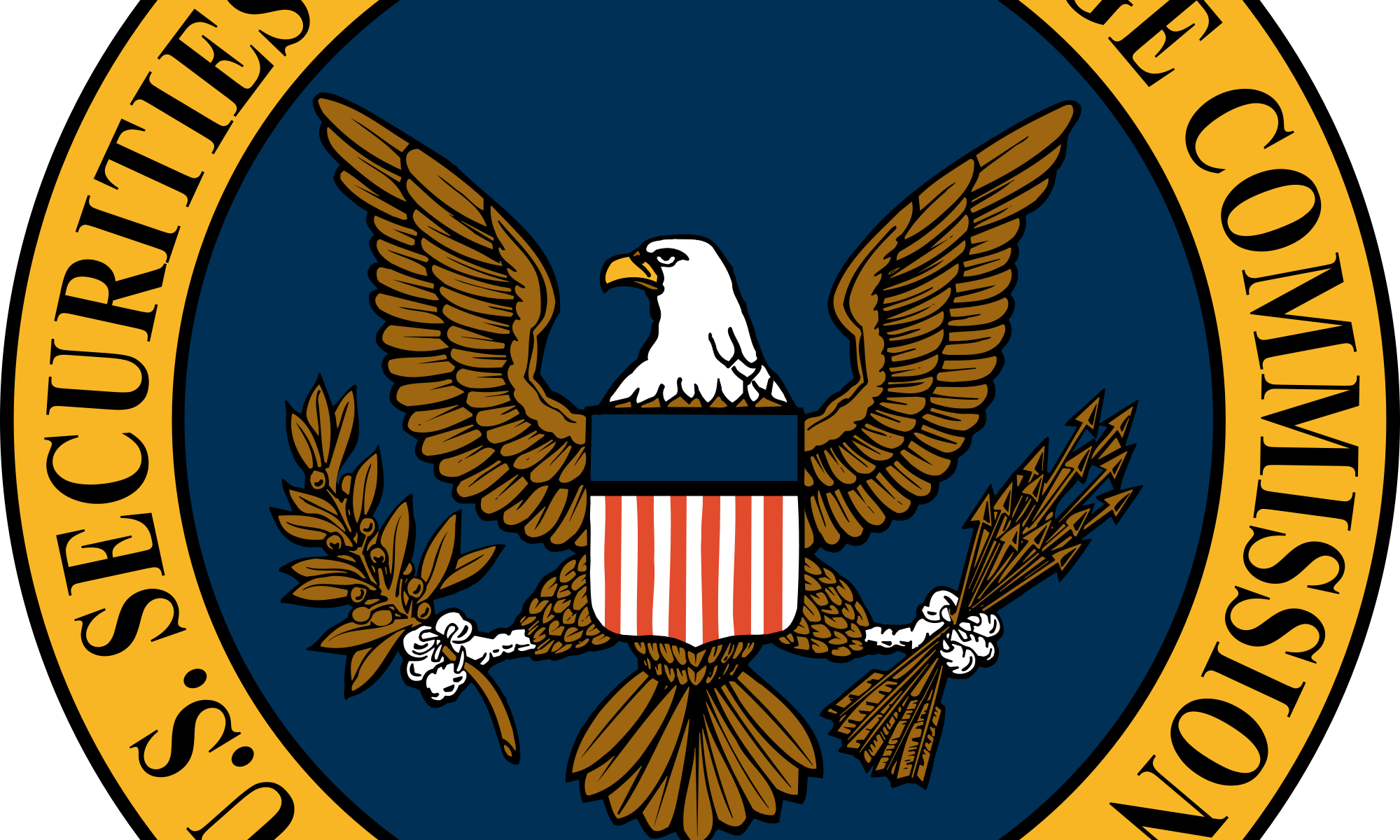William “Billy” Walters a Las Vegas gambler has been found guilty of insider trading with sentencing due in July. The 70-year-old sports gambler was found guilty by a jury who took just two days to come to their decision. Historically insider trading has been extremely difficult to prove with many cases falling by the wayside before they even get to court. However, the regulators have linked Billy Walters to golfer Phil Mickelson who was dragged into the issue.
A $40 million cash pile
It is astounding to learn that Billy Walters amassed a $40 million fortune which the regulators proved to be from illegal gains. The case grabbed the headlines when Phil Mickelson was put on the prospective witness list although he never actually testified. Legal records show that the US golfer was given a tip by Walters back in 2012 which led to a near one million-dollar profit on the purchase of shares in Dean Foods. While Mickelson was never charged he agreed to repay his ill-gotten gains and walked away scot free.

It is difficult to understand how the man who allegedly gave the tip to Mickelson awaits what could be a lengthy jail sentence while the professional golfer was never charged. In many ways this perfectly illustrates the difficulties in prosecuting allegations of insider trading because they are extremely hard to prove beyond reasonable doubt. Indeed, even in those cases where there would appear to be obvious insider trading, sometimes the jury can get caught up in the technicalities and are unable to arrive at a decision.
Is insider trading still rife?
While governments and regulators around the world have invested billions of dollars into the legal system, insider trading has always been difficult to prove beyond reasonable doubt. The fact that we regularly see share prices moving for “no apparent reason” shows that insider trading is still rife. In reality it is going to be impossible to silence all of the parties involved in large financial transactions from the advisers to the printers. Information will leak out on a regular basis and perhaps the best way of attacking insider traders is for companies to make this information public as soon as possible.
This would ensure that everybody is “in the loop” but even then it would be near impossible to stop every potentially informed investor from making some big gains. The use of derivatives and traditional shares has also further muddied the water as if the authorities needed any more obstacles!
Making an example of high profile individuals
It was obvious from day one that the regulators wanted to directly link Phil Mickelson with Billy Walters. This ensured that the court case grabbed the attention of media outlets around the world as they sought to make an example of the pair. Eventually Phil Mickelson was able to come to an arrangement with the SEC whereby his alleged insider dealing gains were repaid. The same option was not offered to Billy Walters and with an alleged $40 million cash pile from illegal trading he is likely to go to prison.
If you sit back and look at stock markets from a distance, assume that they are information exchanges as opposed to share exchanges. Some of the information is public knowledge while some can be classed as “inside information” and when the two come together this creates a “fair” share price. Those who believe that insider trading is a victimless crime need to think again because quite simply it is not.

